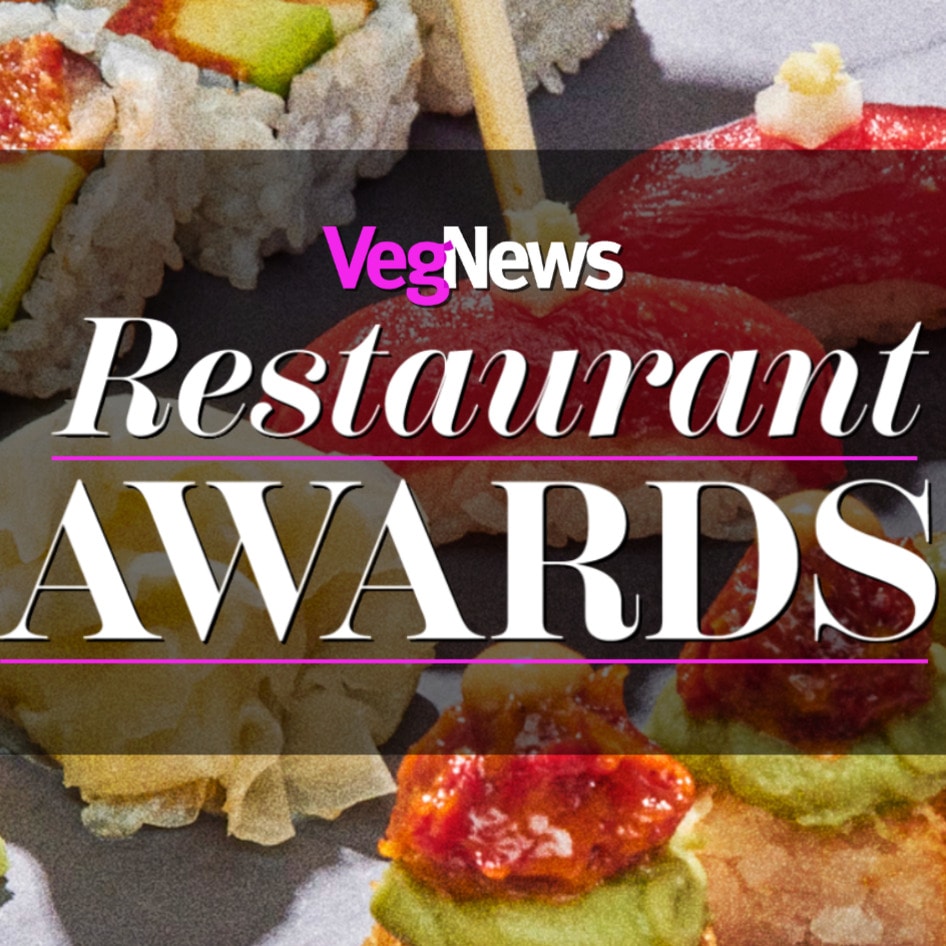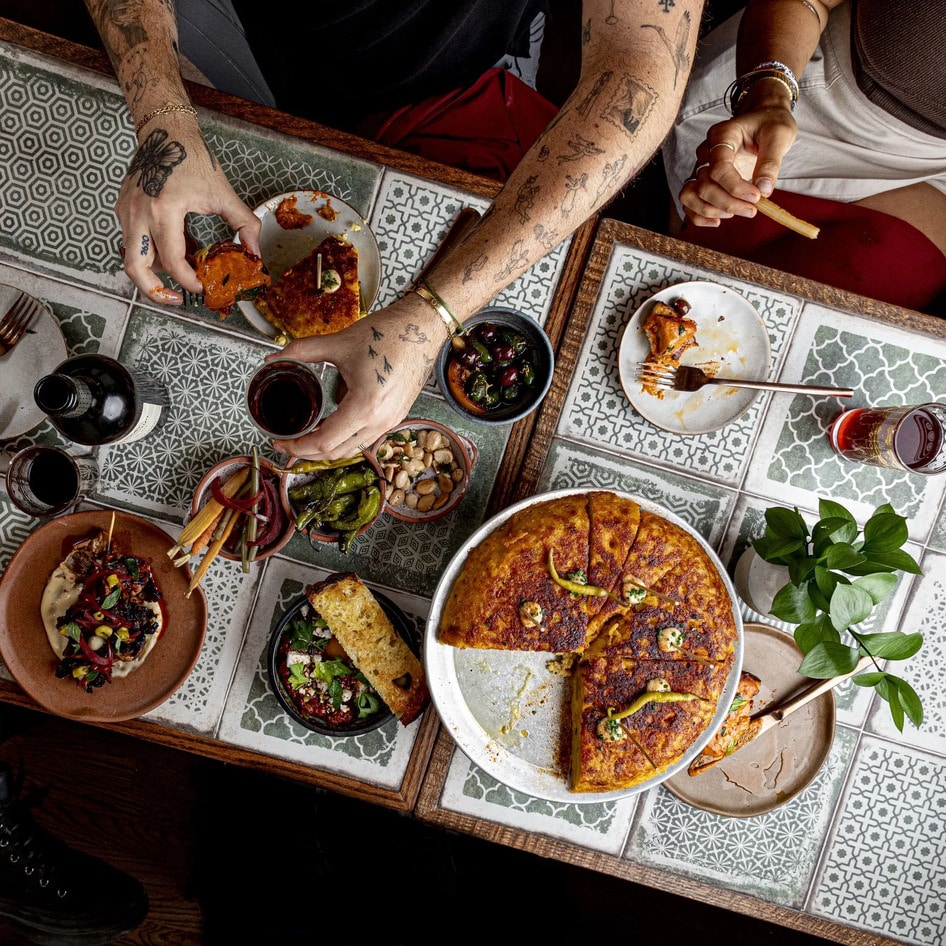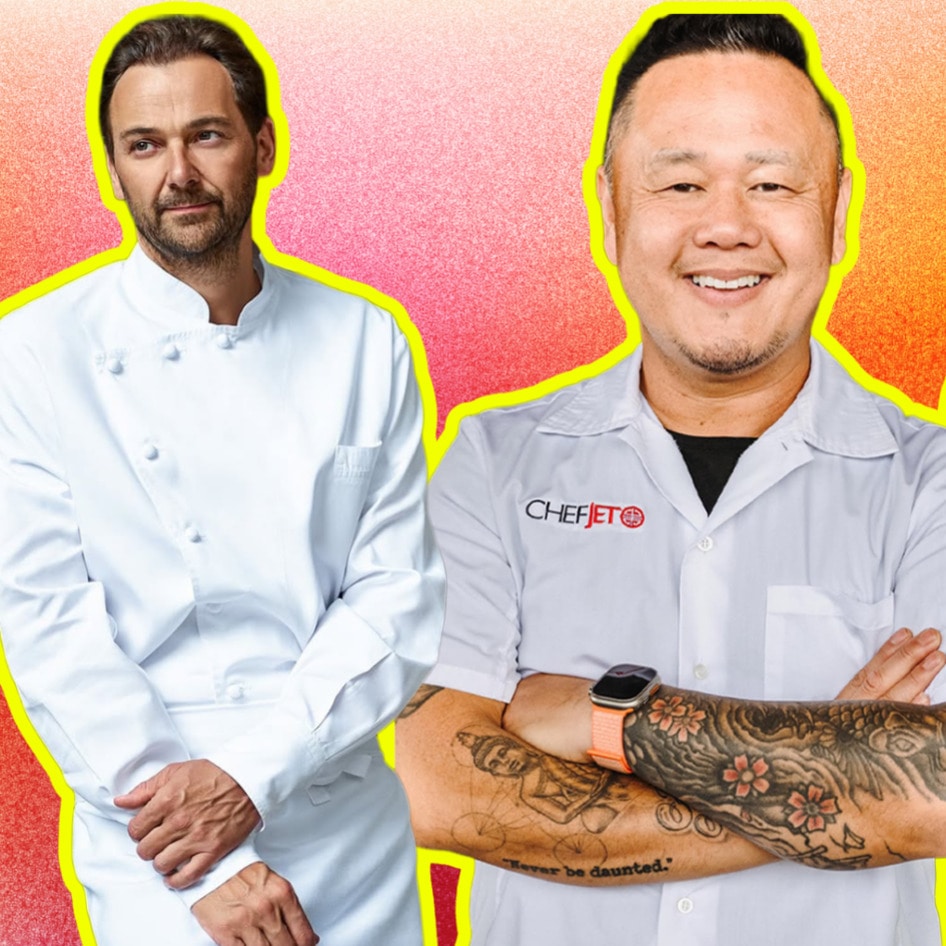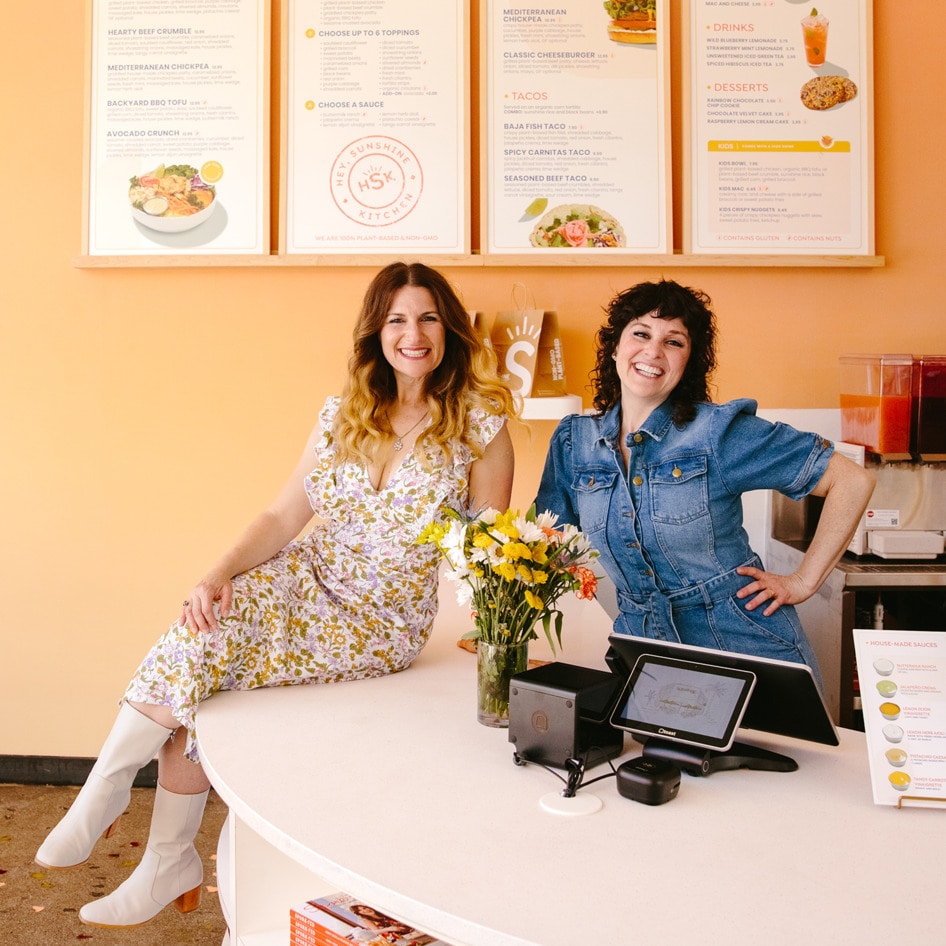How does a vegan restaurant survive 30 years in business? “Crusted oyster mushrooms,” says Alison Bagby, longtime general manager and co-owner of the Bay Area’s landmark eatery Millennium. The restaurant’s crowd-favorite appetizer is such a hit, she says, that “it’s pretty much why we’re still open.”
If only that’s all it took. According to the Bureau of Labor Statistics, 17 percent of all restaurants shutter within the first year, while industry analyst Woolworth on 5th puts first-year closings up in the 60 percent range. Pair this with the more than 90,000 US restaurants that have shuttered because of the pandemic, and a grim picture of the restaurant industry starts to emerge. Yet Millennium and other beloved vegan institutions are still standing, still serving, and still (mostly) loving what they do—decades on.
But that kind of success and that kind of stamina takes more than a crispy, dippable appetizer.
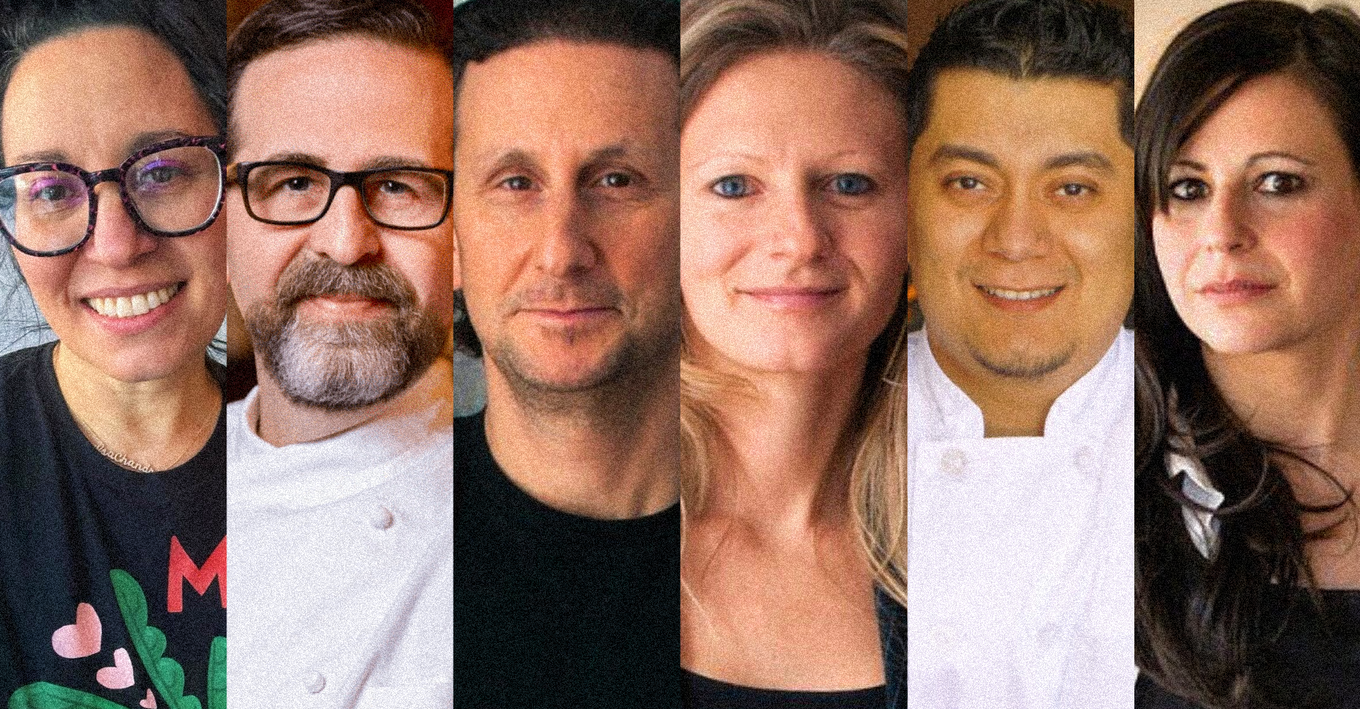 The chef-owners behind the most iconic vegan restaurants in the US.
The chef-owners behind the most iconic vegan restaurants in the US.
Isa Chandra Moskowitz was already a best-selling cookbook author and star of New York public access vegan cooking show Post Punk Kitchen when she opened her Modern Love restaurants in Omaha, NE in 2014 and Brooklyn in 2016. But a professional chef? Not exactly. “I thought ‘this little restaurant will be my vegan activism,’” Moskowitz says. “‘I’ll just give the community some food. I won’t have to be there all the time—my life won’t be so different.’” Rookie mistake, she says.
On the West Coast, Tal Ronnen—who helped realize Chrissie Hynde’s visionary vegan Ohio restaurant VegiTerranean before opening Los Angeles’ award-winning Crossroads Kitchen in 2013—agrees.
“A lot of people think that if you’re passionate about cooking, that’s a segue to start a business. That’s where a lot of places don’t make it,” Ronnen says. “You gotta have the experience, knowing the appropriate amount to spend on food, labor, and liquor—how to price things on your menu.”
Over in Philadelphia, husband-and-wife team Rich Landau and Kate Jacoby worked together for 10 years before striking out on their own and opening Vedge in 2011. They were pros, and they were solid. But as Landau soon learned, “Thinking you have it all figured out is the kiss of death. Until you run your own business, you never know.”
In contrast, Jorge Pineda had zero professional kitchen experience when he joined New York’s acclaimed Candle Cafe in 1996. “I was 16. I needed a job,” he says. Pineda is still the heart, soul, and, now, the chef/owner of the beloved restaurant, rolling through makeovers, moves, closures, and then the rebirth today as Candle.
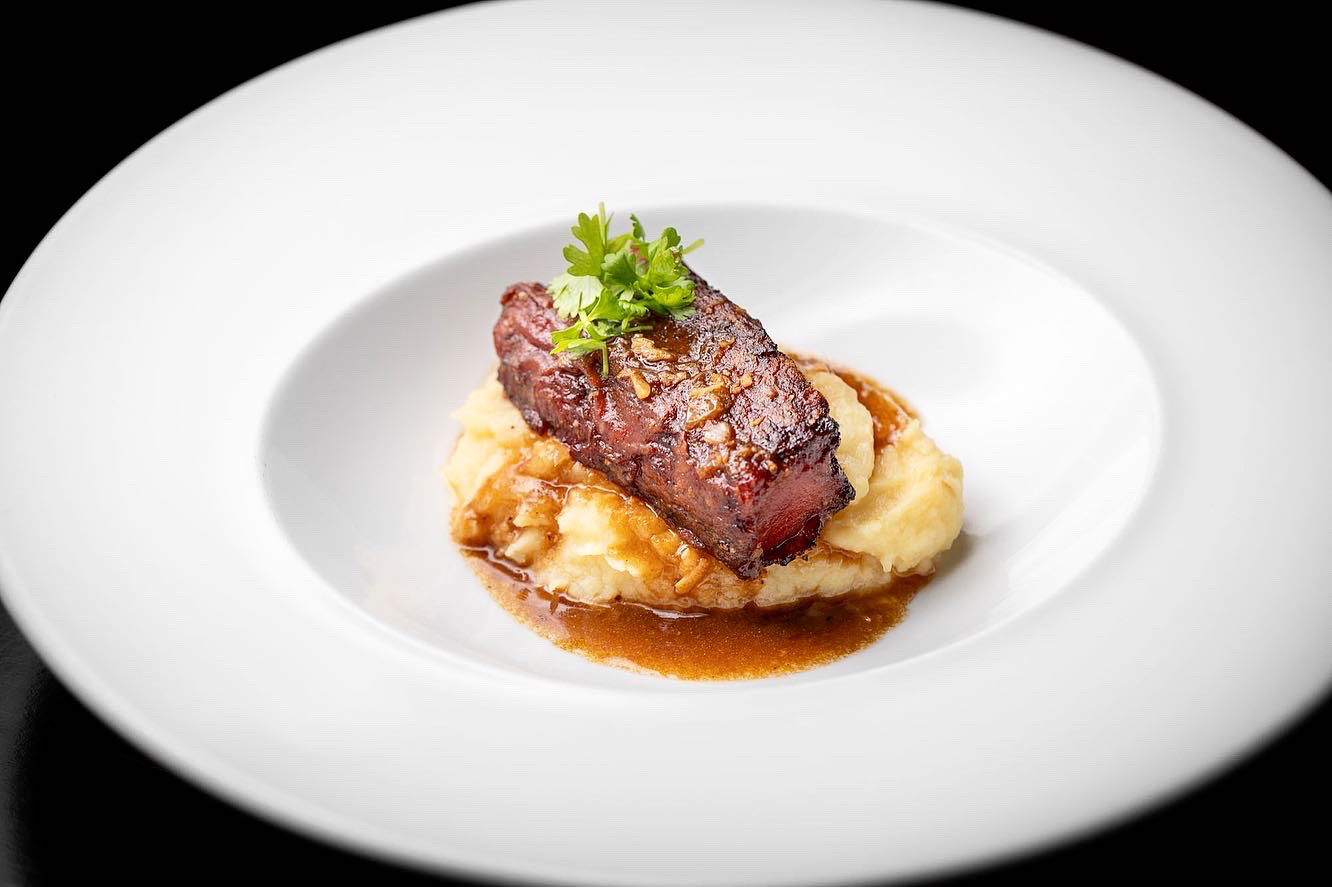 Crossroads Kitchen
Crossroads Kitchen
The secret sauce
Over the years, these plant-based restaurants and many more have racked up plenty of awards and critical acclaim.
Millennium has been a Michelin Bib Gourmand winner every year since 2016, and was named the #1 Vegetarian Restaurant in the World by the Daily Meal.
VegNews readers voted Crossroads as both the Best Restaurant in America and Best Fine-Dining Restaurant, two years in a row. The Melrose Avenue eatery is also the only plant-based restaurant to make the Los Angeles Times Best Restaurants list.
Food & Wine named Vedge one of the 40 Most Important Restaurants in the World, and Landau and Jacoby are both James Beard Award nominees. All very nice—but awards do not make a restaurant bulletproof. And that wasn’t why the couple opened Vedge in the first place. “In all humility, I never set out to be a celebrity chef,” says Landau. “I just wanted to cook and get our vegan message out.”
So if the secret sauce for vegan restaurant success isn’t prior restaurant experience or awards, what is?
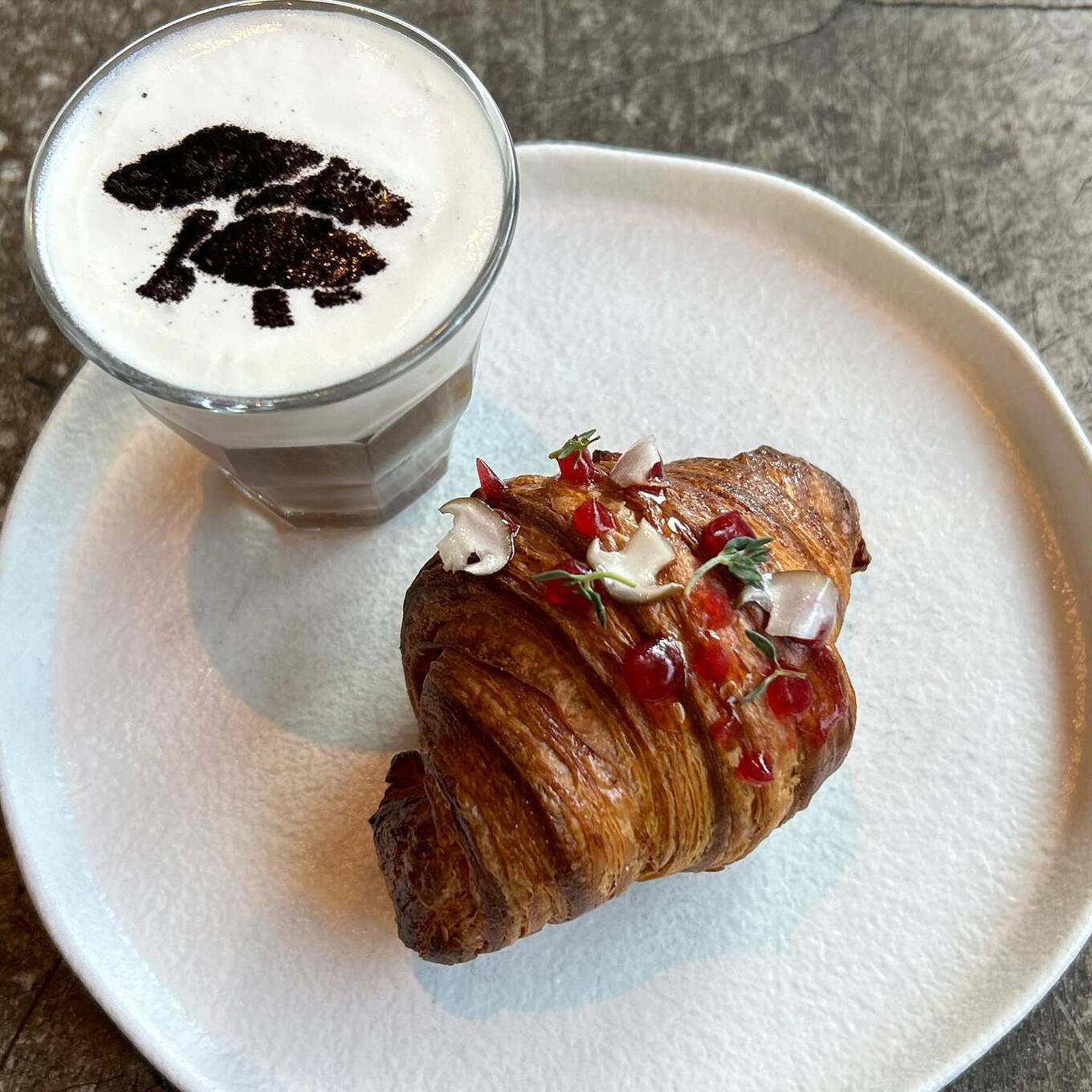 Dirt Candy
Dirt Candy
“Being really stubborn and not giving up,” says Dirt Candy’s chef-owner Amanda Cohen. Her vision for her New York City restaurant (which earned a Michelin star for its playful way with produce—think broccoli dogs and mushroom mousse croissants served with mushroom cappuccino) has gone far beyond making guests see vegetables in a new way. Having worked in other kitchens before opening Dirt Candy as its 18-seat first iteration in 2008, she says “I had a couple of not-so-good experiences, things I didn’t think were okay. Things that were unfair to employees, and to customers.”
Dirt Candy, which moved in 2015 to its current 60-seat Lower East Side spot, empowered Cohen to do things her way. That included eliminating tipping in favor of staff profit-sharing, having no tolerance for sexual harassment in the workplace, and in 2020, co-founding the Independent Restaurant Coalition, which lobbies to protect restaurant workers and improve conditions within the industry.
Candle’s other precursor, Candle 79, was already established as New York’s only vegan fine-dining restaurant when Pineda became chef, bringing to the kitchen a unique perspective and ethos. Growing up in El Salvador, “we lived in real bad poverty,” he recalls. “We’d eat whatever we grew.” He infused Candle 79 with a sense that food is sacred. That means everything from the za’atar roasted cauliflower to the butternut squash risotto is made from scratch, with zero food waste, and a commitment to using organic ingredients whenever possible. This way of operating drives Candle’s food and vibe, and is at least partially responsible for helping maintain its loyal customer base over the years.
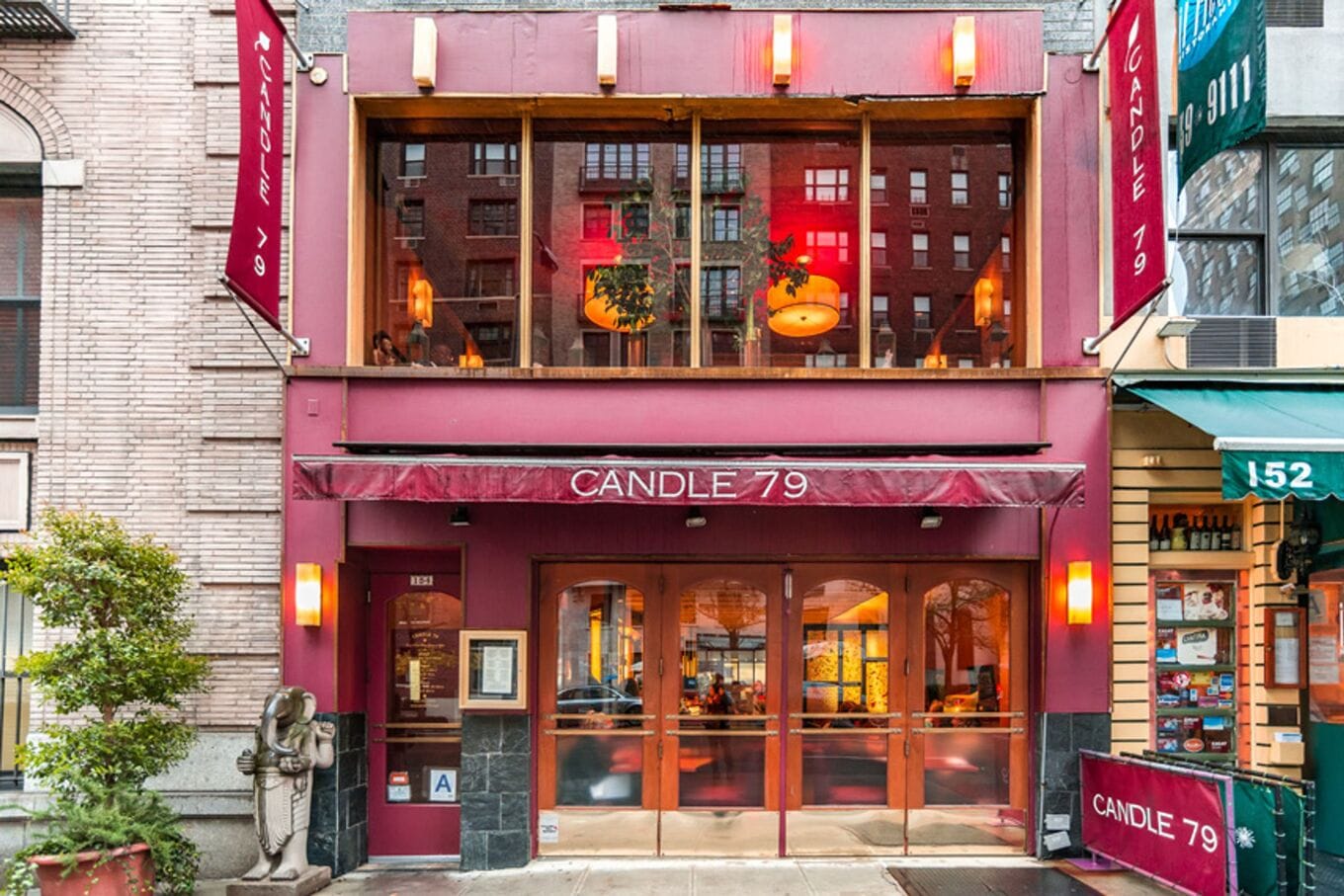 sideways.nyc
sideways.nyc
Riding the roller coaster
These restaurants have all defied the odds, outlasting the average restaurant lifespan of five years and enduring both location changes and closures of side ventures: the Omaha outpost of Modern Love shuttered at the end of 2024 after 10 years in business. The pandemic and economic downturn brought about the end of V Street, Vedge’s funky offshoot, as well as Crossroads’ ritzy Calabasas location.
Candle actually extinguished during COVID, closing its three New York locations. In 2023, Pineda was able to lease the name and reopened Candle in its current Kips Bay spot.
Still, no one’s giving each other high fives for making it. “We’re not out of the woods yet,” Pineda says. With soaring food costs, ICE raids, staffing shortages and burnout, overhead increases, and fewer diners, the challenges seem more daunting than ever.
Modern Love serves up comfort by way of housemade favorites like vegan mac and cheese and tofu Benedict, but Moskowitz isn’t feeling much comfort herself. “I don’t think the storm is over,” she says.“What are these tariffs going to do to us? Where does the avocado come from? Where does the tofu come from? Will we have to raise prices?”
“I honestly don’t know how we’re still here,” says Millennium executive chef and co-owner Eric Tucker.
Pineda agrees. “There’s always a challenge.”
Some challenges, though, no one saw coming. For Crossroads and countless other businesses and households, it was the devastating wildfires in Los Angeles. For Cohen and Dirt Candy, it was getting mired in a legal dispute over its name. When New York City implemented its congested pricing surcharge for drivers, “we lost 20 percent of our business,” Pineda says.
“The roller coaster never goes away. You gotta evolve,” says Landau. But how?
“Being willing to change. Even if it hasn’t felt good,” says Cohen. For her, that meant changing Dirt Candy to a tasting-menu-only model.
“It’s not one-solution-fits-all. Every business has to decide what it’s willing to change—their business, location, style of food, ingredients,” says Moskowitz. During the pandemic, “we switched to a to-go model and just really pushed it.”
So did Crossroads and Vedge. Millennium now offers takeout, as well as endless incentives to get guests in the door.
“Every week, we’re doing a special: a lower-price pasta special, Taco Thursday, a mushroom dinner, a winemaker dinner,” says Tucker. “Some kind of revenue generator.” Still, admits his business partner Bagby, “it’s nearly impossible to make it work.”
Pineda goes even further. Want to open a vegan restaurant? “Don’t do it.”
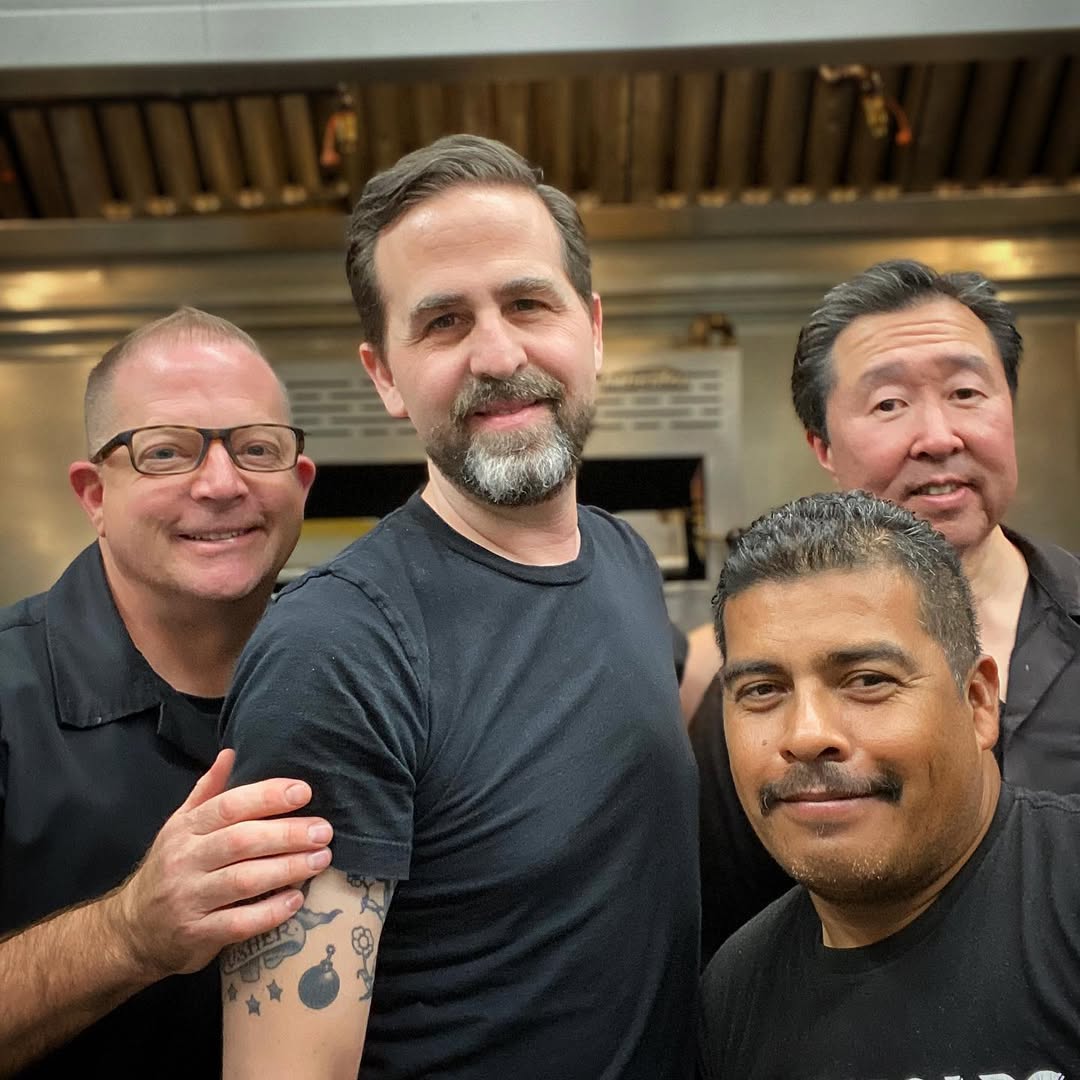 Crossroads Kitchen
Crossroads Kitchen
Team players
But if you do, all these chefs offer the same advice—“build a team that has experience and genuinely cares about the business,” says Ronnen.
What makes Crossroads so special goes far beyond the plate. “It’s the host who greets guests and seats them, the cooks that make the food,” Ronnen continues. “The prep guys, the guy who takes your order, the runners who deliver the food, and the bussers who clear the table. Then there’s the people who grow the food, the distributors who get it to us, and even the valet who parks your car—there’s a huge team of people.”
Assembling that team is hard to put into practice these days. Understaffing affects 45 percent of restaurants, according to the National Restaurant Association. That means almost half the restaurants in America are short staffed, impacting the quality of food and service they need to keep diners happy and fed while keeping the lights on.
According to a report by the James Beard Foundation 92 percent of respondents reported increasing staff wages in 2024, but staff turnover costs money, too. It can cost between $3,000 and $5,000 to train personnel. “I wish we could pay everyone six figures,” Landau says.
However, the recipe for attracting and maintaining the right people is about more than money. For these restaurateurs, communication, engagement, and caring for employees are the best investments you can make.
“Give [staff] a good, safe place they can work, where they’re respected, where they’re listened to. Give them a really good life.”
It’s worked for Vedge. “With these great people, this wonderfully collaborative and supportive relationship,” says Landau,”I could do this forever.”
“My staff is why we’re still open,” says Moskowitz. “It isn’t me, it’s a team. We’ve figured it out through struggle. We know how to work together. That’s been the miracle of this whole thing.“
Soul, food
Pioneering vegan cuisine may have been these restaurants’ legacy—but it’s their drive to keep evolving that defines their present.
“Whether we’ve been here for 30 years means nothing if we are not throwing it over the plate,” says Tucker. “Every dish that walks out to a guest tonight is the only thing that matters in our history.”
“If we don’t up our game, we’re toast.” says Landau, who says he still delights in creating new seasonal menu items.
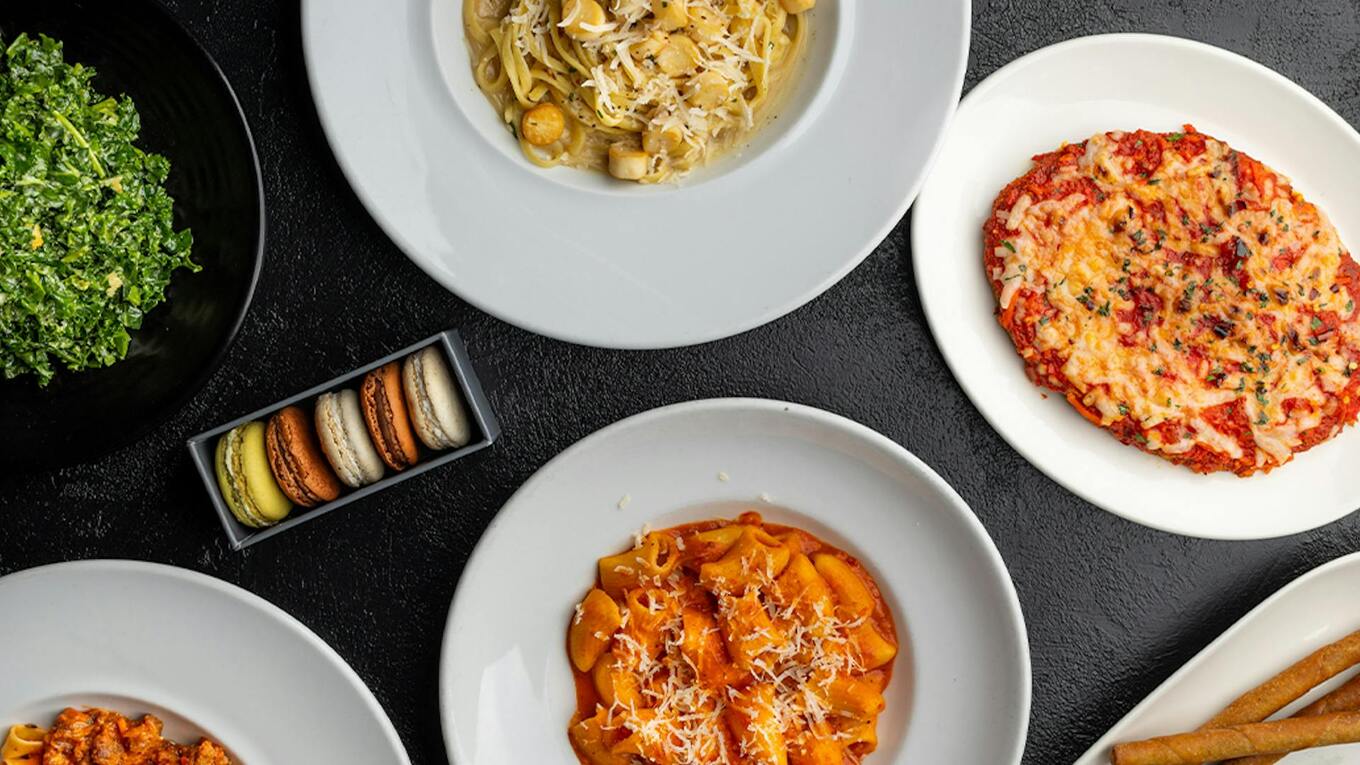 Crossroads Kitchen | Goldbelly
Crossroads Kitchen | Goldbelly
Ronnen does, too. He and his team strive to give their DoorDash and Goldbelly orders—part of their new normal since the pandemic—the same Crossroads-level quality one would get in house. But still, “the food is probably not as hot and fresh as if it was brought to you at the table in our restaurant,” he says. “You’re sitting in a beautiful candlelit restaurant, you have a cocktail or glass of wine with your dinner. To me, there’s no substitute for that.”
Landau agrees. “Fast casual will be taken over by robots. Fine. But people want to experience hospitality, to be taken care of.”
AI, algorithms, and food bots can’t make up for the fact that out in the real world, “people are struggling, people aren’t being taken care of,” says Bagby. Crusted oyster mushrooms may be big sellers, but these restaurants offer more than what’s on the menu. It’s the care and genuine human connection they show their guests. “This is the part I love,” she continues. “Everybody working together in this chaotic-but-orchestrated dinner rush to create this really beautiful experience for the diner,” Cohen agrees.
“In these times, people like to go out to a restaurant where they can celebrate, where they can grieve. It’s the heart of where people gather.”
And as long as they do, these restaurants will be there to serve. “There’s nothing else I can do,” Pineda jokes, then adding that “the restaurant is my love. I confront the challenges, I figure it out. If we close, we close, but I’ll still be cooking for my customers. I’ll get food to people who need it, I’ll keep finding a way to make people happy. That’s my goal—to make people happy and healthy.”
“You do it for the love of it. That’s why we did it,” says Bagby. “So far, that’s working out.”
EDITORS’ NOTE: After finalizing this story, we received news that Modern Love in Brooklyn, NY announced it would be closing its doors after nine years in business.
For more plant-based stories like this, read:
JUMP TO ... Latest News | Recipes | Guides | Health | Subscribe



